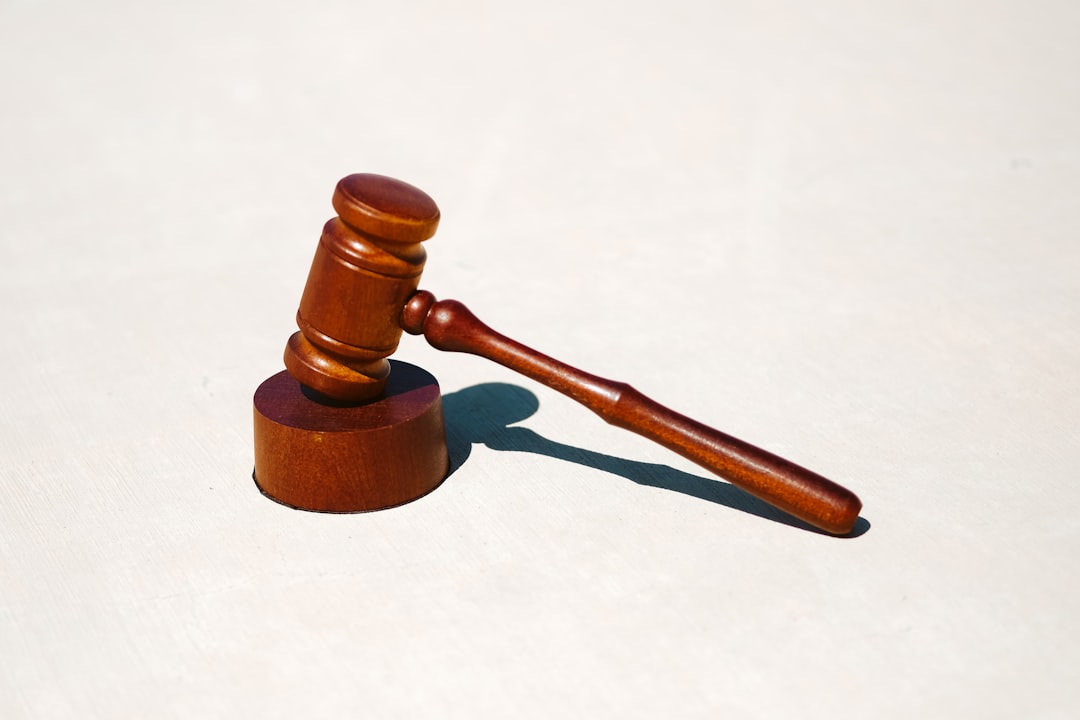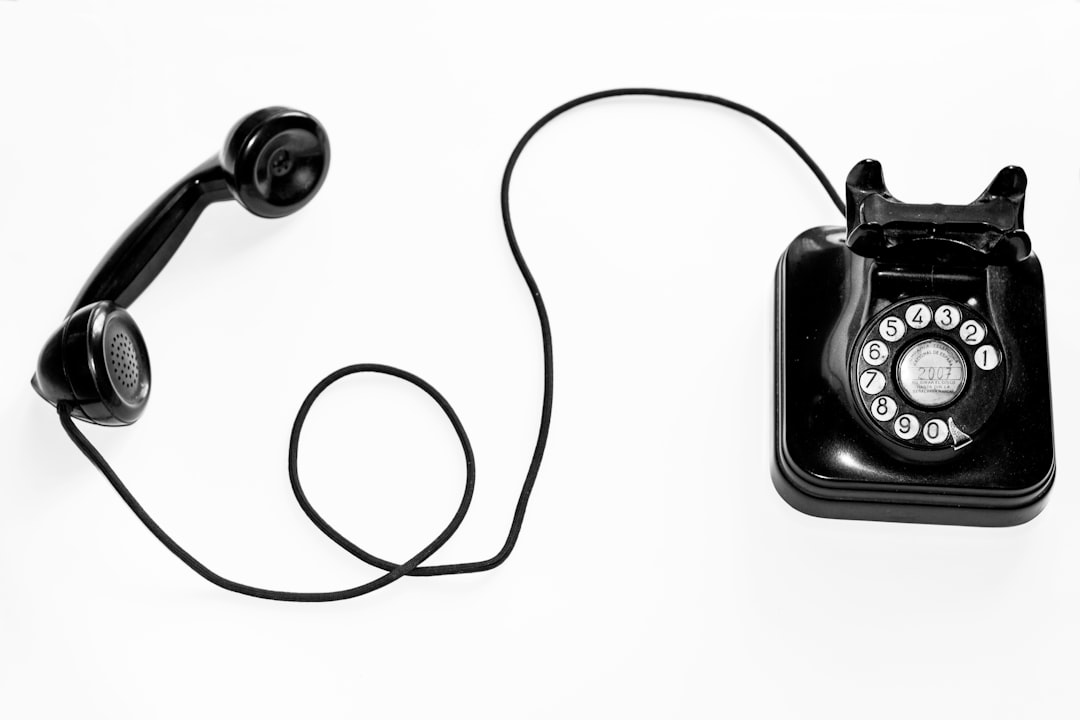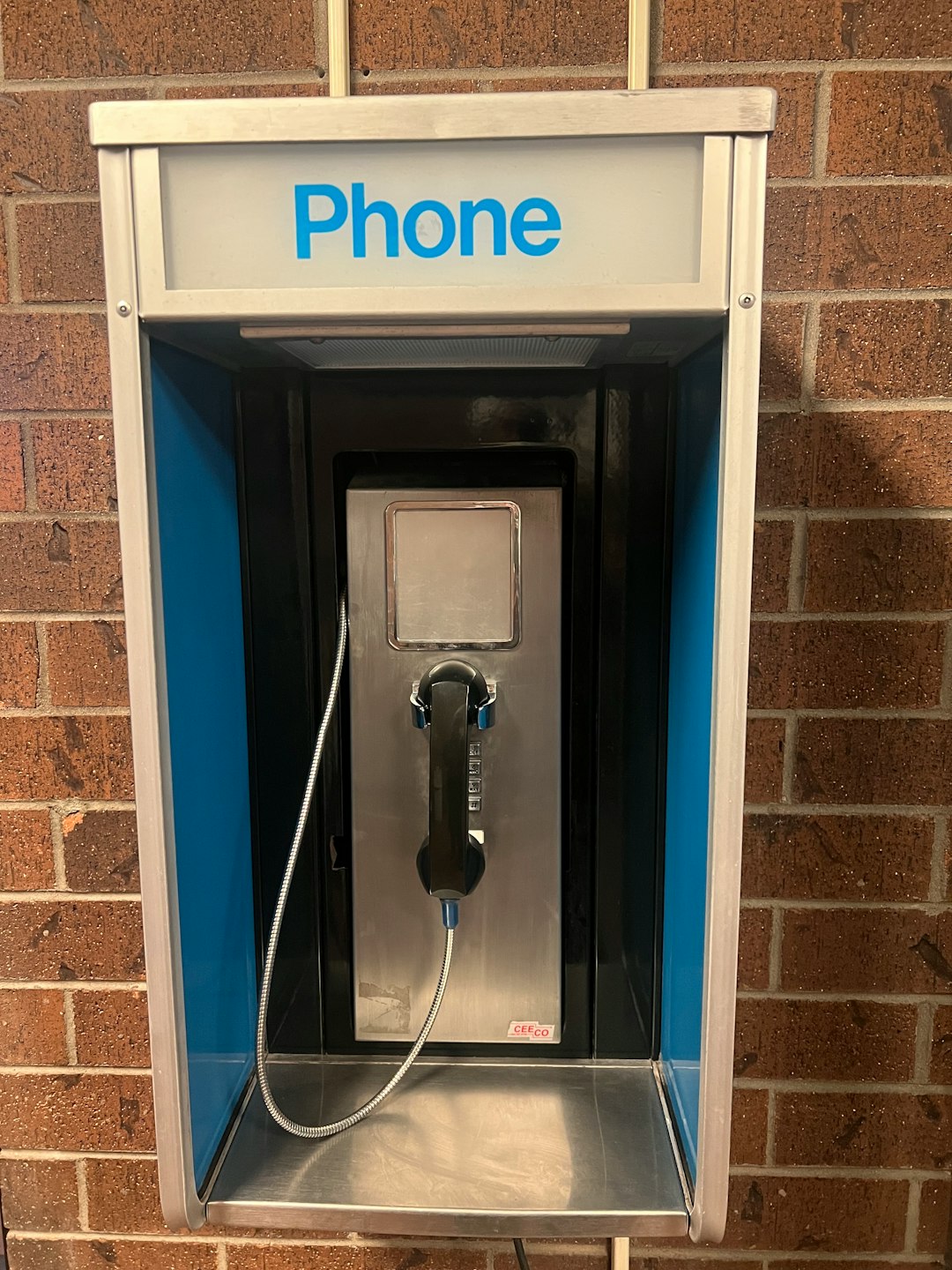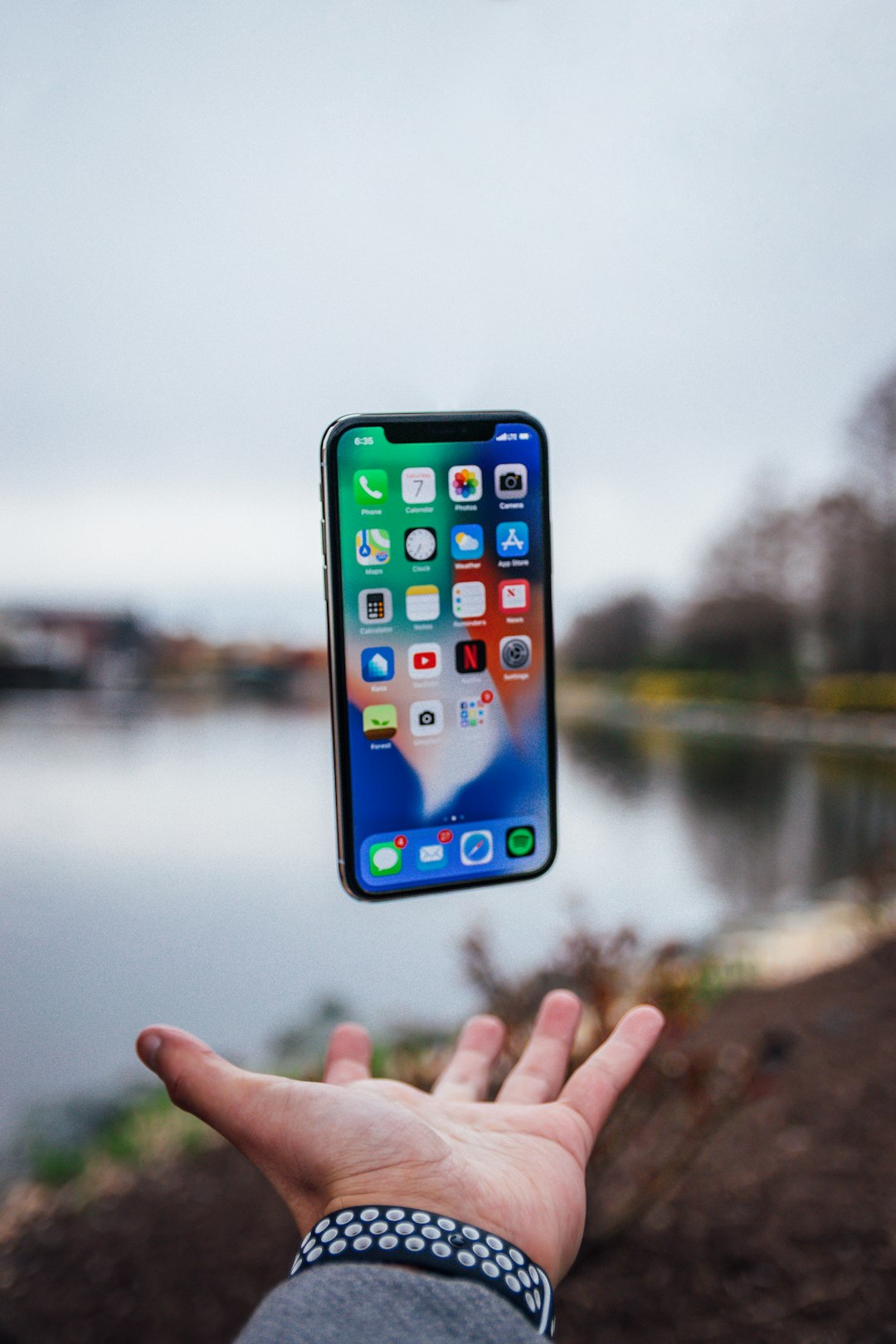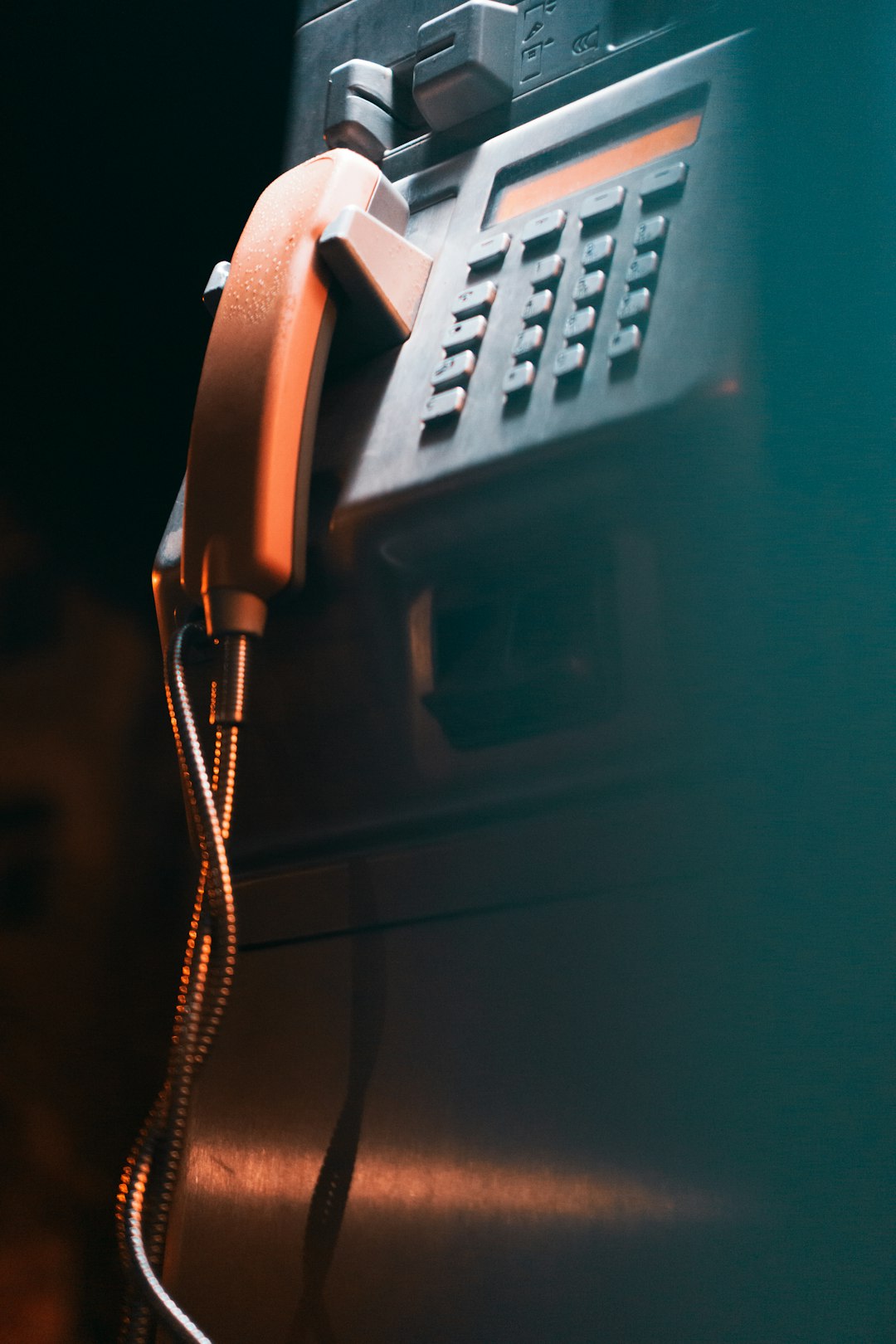Robocalls are a growing problem in Minnesota, but state laws and federal regulations offer protections. Apps like Hiya and TrueCall block spam, while consulting a robocall lawyer navigates legal rights and damages. Registering with 'Do Not Call' lists and keeping contact info private reduce calls. Checking Minnesota resources and blocking apps provide comprehensive solutions. For tailored advice, consult a telecom law specialist focusing on Minnesota's robocall laws.
Tired of relentless robocalls plaguing your Minnesota home? You’re not alone. These automated, often illegal, calls can be a nuisance and even a legal violation. Luckily, Minnesota offers robust protections against robocallers through strict consumer protection laws. This article equips you with the knowledge to understand your rights and navigate the best apps for blocking and identifying spam calls. Learn effective strategies to reclaim your peace of mind from unwanted callers and connect with a lawyer for robocall laws in Minnesota for expert guidance.
Understanding Robocalls and Legal Protections in Minnesota

Robocalls, automated phone calls that deliver recorded messages, have become a pervasive issue nationwide, including Minnesota. While some robocalls are from legitimate sources like financial institutions or government agencies, many are considered unwanted and even illegal. In Minnesota, residents enjoy legal protections against excessive or fraudulent robocalls.
The Telephone Consumer Protection Act (TCPA) is a federal law that restricts the use of automated dialing systems and prerecorded messages. It also provides guidelines for consent, allowing calls only with explicit permission from the recipient. In Minnesota, additional protections are in place, such as requirements for opt-out mechanisms and restrictions on certain types of marketing calls. If you’re experiencing an overwhelming number of robocalls or suspect illegal activity, consulting a lawyer specializing in robocall laws in Minnesota can help you understand your rights and take appropriate action.
Top Apps to Block and Identify Spam Calls
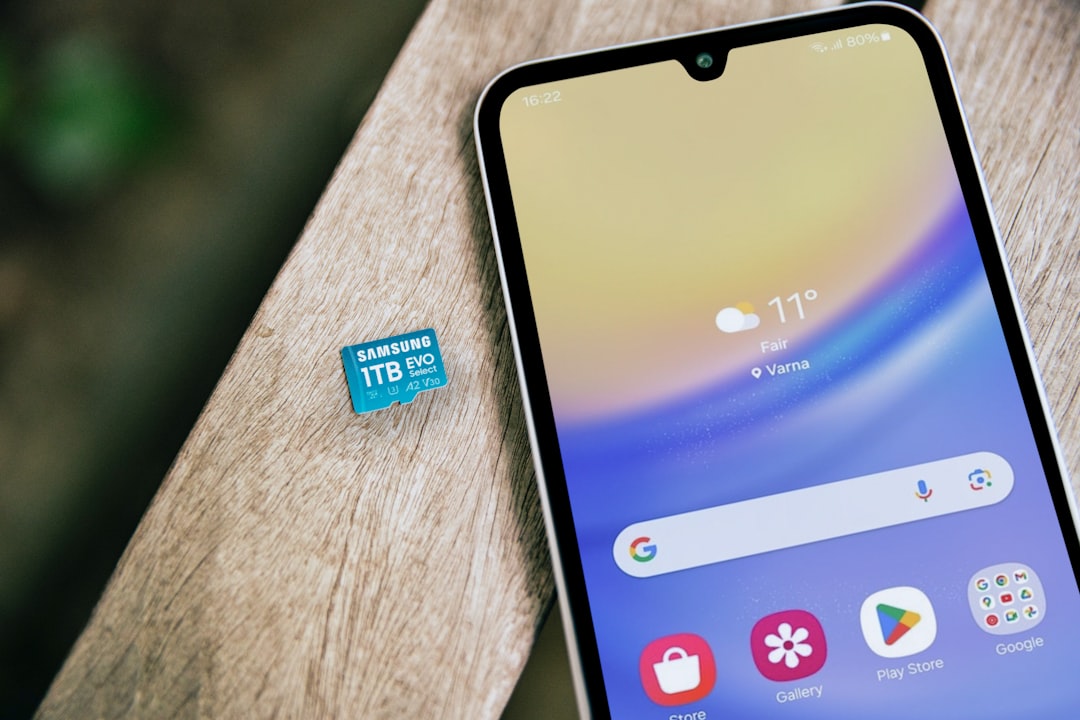
In the battle against unwanted robocalls, several top apps have emerged as powerful weapons for Minnesota residents. These applications are designed to block and identify spam calls, providing much-needed relief from the incessant ringing. One popular choice is Hiya, an app that uses crowd-sourced data and machine learning algorithms to detect and block suspicious calls. It not only filters out known robocallers but also flags new or emerging scams.
Another effective tool is TrueCall, which offers advanced call identification and blocking features. This app learns from user reports, constantly updating its database of known spam numbers. Additionally, TrueCall provides detailed information about incoming calls, allowing users to make informed decisions. For those seeking legal recourse against robocalls, Minnesota residents can consult with a specialized robocall lawyer, who can help navigate the complexities of consumer protection laws and seek compensation for harassment caused by unwanted calls.
The Role of Consumer Protection Laws in MN
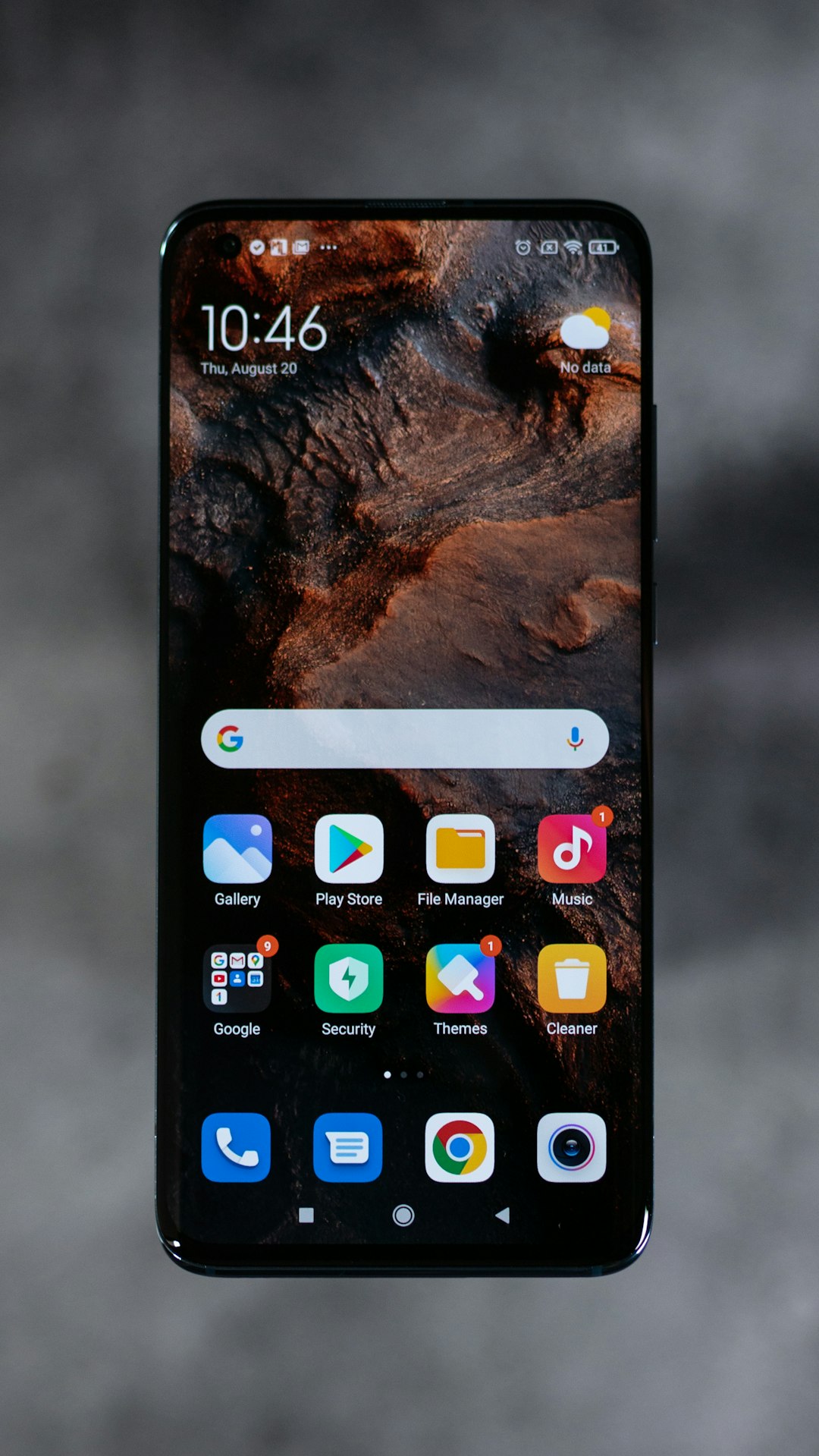
In Minnesota, consumer protection laws play a pivotal role in mitigating the deluge of robocalls residents often receive. The state’s strict regulations on telemarketing practices aim to safeguard citizens from unsolicited calls, including those from automated systems or robots, hence the term ‘robocall’. These laws empower Minnesotans to take action against unwanted callers by providing them with legal avenues for redress.
If you’ve been a victim of persistent robocalls, consulting a lawyer specializing in robocall laws in Minnesota can be beneficial. They can guide you through the legal options available, such as registering your number on ‘Do Not Call’ lists or seeking damages under state regulations. These measures not only help reduce robocalls but also serve as a deterrent to companies engaging in abusive telemarketing practices.
Effective Strategies for Reducing Robocalls: A Comprehensive Guide
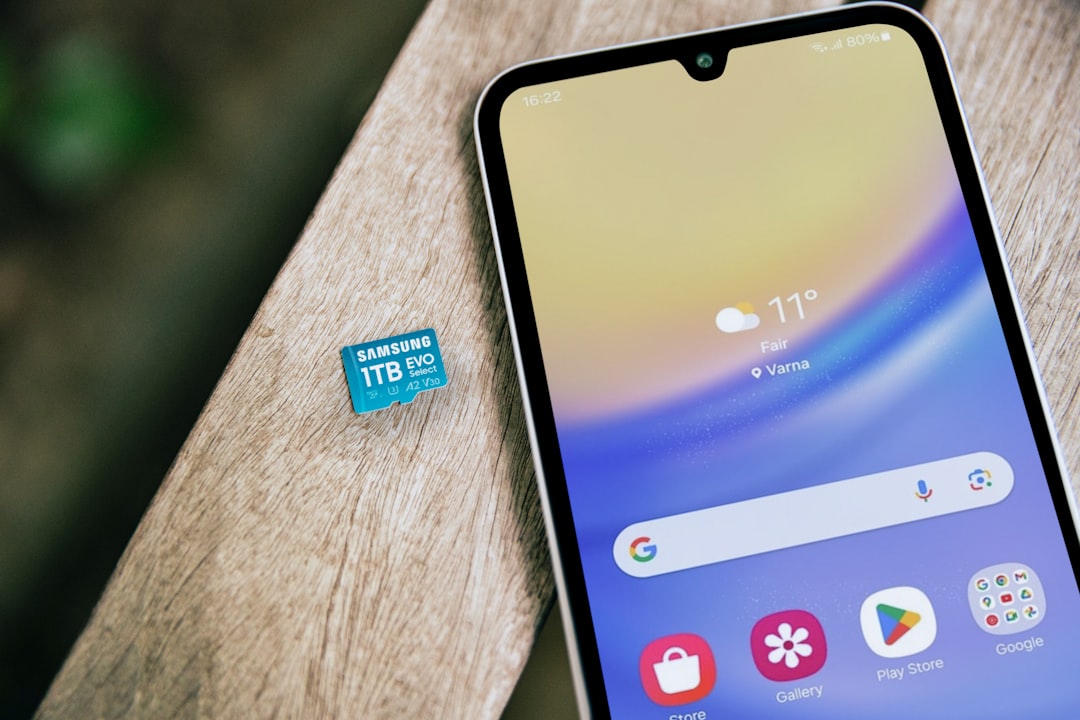
Robocalls are a pervasive issue, but there are effective strategies to reduce them. One of the most direct approaches is to register your number on the National Do Not Call Registry. This federal list restricts telemarketers from calling numbers listed on it. In Minnesota, specific laws further protect residents from unwanted calls, so checking state-level resources for additional measures is crucial.
Using reliable robocall blocking apps can significantly help. These applications employ advanced algorithms to identify and block automated calls. Features like call screening, call filtering, and custom blocking lists empower users to take control. Moreover, keeping your contact information private on social media platforms and online directories minimizes exposure to robocallers. Consulting with a lawyer specializing in telecom law can also offer tailored advice for comprehensive protection against robocalls.
